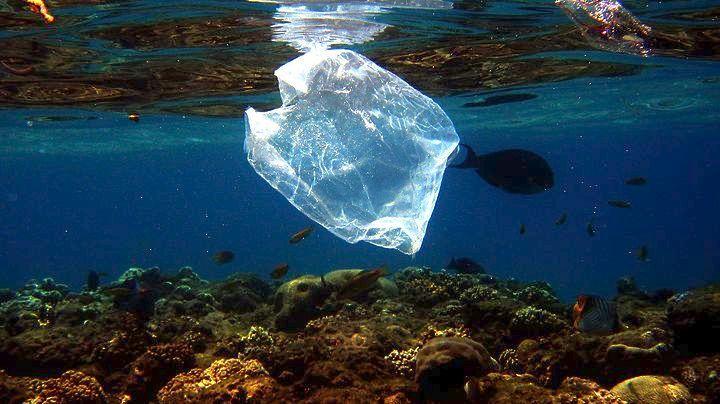
On a recent, rather blustery family walk over the festive period, my seven-year-old pointed to a plastic carrier bag being swept through the air and yelled, ‘Mummy, look! What if it ends up in the sea?’ Of course, we have been watching the recent awe-inspiring, Blue Planet II, on BBC1.
Presented by the legendary Sir David Attenborough, the series took 4 years to film, in 39 countries, on every continent and across every ocean. Throughout the series, there’s a focus on environmental issues, including the ocean’s huge plastic content, which not only causes devastation to marine life, but affects the health of the oceans, which are fundamental to the health of our planet.
The problem is so bad in fact, that experts suggest that by 2050 there will be more plastic in the oceans than fish! The scale of the problem is summed up nicely in the following statement:
“The proliferation of plastic products in the last 70 years or so has been extraordinary; quite simply we cannot now live without them. We are now producing nearly 300 million tons of plastic every year, half of which is for single use. More than 8 million tons of plastic is dumped into our oceans every year.” Source: plasticoceans.org
So, what can we do about it? Ultimately, it is the corporations who need to lead the way with change, but we can all do our bit for the greater good:
- Stop using disposable plastics – grocery bags, disposable cutlery, plastic straws, coffee cups
- Stop buying bottled water, drink from reusable bottles or mugs
- Ditch disposable razors
- Stop chewing gum – its plastic!
- Boycott products with microbeads (as of this week the production of these are banned (hurray!), but products could still be on sale until July)
- Cook from scratch – ditch the ready meals and takeaways
- Don’t drop litter! (My 7 years olds contribution)
At IWSL we take our environmental responsibility seriously and endeavour to prevent adverse environmental impacts where possible, this includes recycling all of our plastic waste. As part of our ISO 14001 Environmental Management System, our teams have regular ‘Green’ meetings to review and improve our targets.
Wouldn’t it be great if as a community we could take things one step further? Well, it seems a small coastal village in wales is setting a shining example of what can be achieved when communities and businesses work together.
Aberporth in Ceredigion, are aiming to be the first single-use-plastic-free village in Wales. So far, the local pub has ditched throwaway plastic products like straws, condiments sachets and milk cartons, and the village store has replaced milk cartons with glass bottles. They have launched an anti-plastic campaign and you can follow their efforts on Facebook: https://www.facebook.com/plasticfreeAberporth/
Hopefully they will raise enough awareness for others to follow suit, so come on then, who’s next?
Suzanne Hardy
IWSL
